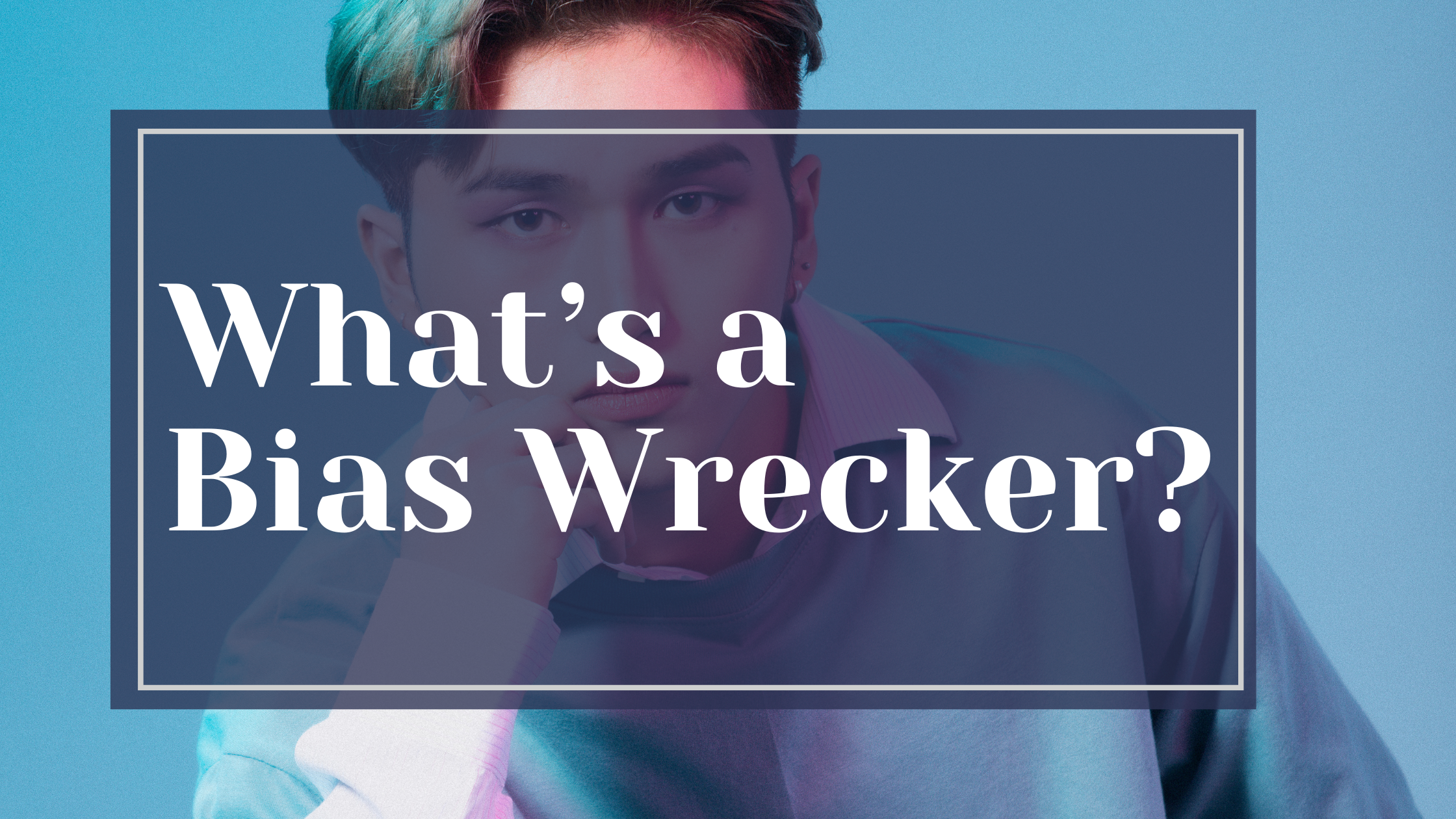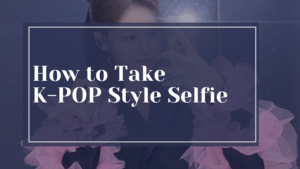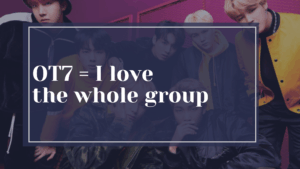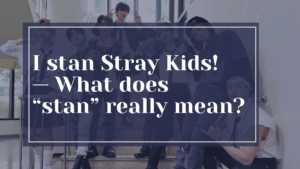Have you heard the term “bias wrecker” before?
Do you think it’s outdated?
It might not be as trendy as it used to be, but “bias wrecker” is still a term many K-pop fans know—and feel.
In this post, we’ll break down what it means, how it’s used, how it differs from terms like #2 bias, and introduce some idols who perfectly fit the “bias wrecker” role.
💌 Want more K-POP deep dives like this?
Subscribe to Hello Bias Letters, our free Substack newsletter!
Each week, we unpack K-POP culture with care—from fan behavior to behind-the-scenes stories.
→ Join us here
What Is a Bias Wrecker?
A bias wrecker is someone who isn’t your main bias, but they’re dangerously close.
They’re the idol who keeps stealing your attention on stage—even when you’re trying to stay loyal to your original bias.
Think of Jimin (BTS), Hoshi (SEVENTEEN), or Ten (NCT).
Even if they’re not your bias, their stage presence is so powerful that your eyes naturally follow them.
And honestly? Many fans have ended up switching their bias because of a strong bias wrecker moment.
For Gen Z fans, the term might feel a little old-school. But just a few years ago, it was everywhere—and it’s still worth knowing today.
How to Use “Bias Wrecker
You’ll often see this used on X (formerly Twitter), like:
My bias is Jungkook, but Jimin is totally my bias wrecker.
In recent years, fans have started using phrases like “my #2 bias” instead.
This is more of a ranking—someone who’s clearly your second favorite.
- #1 bias = your main bias (top favorite)
- #2 bias = your second favorite
But here’s the key difference:
A bias wrecker isn’t always your #2.
They’re the one who emotionally disrupts your bias loyalty.
“#2 bias” sounds logical. “Bias wrecker” feels chaotic—and that’s the point.
Bias vs. Bias Wrec
- Bias: your favorite member in a group
- Ultimate Bias: your favorite idol across all groups
- Bias Wrecker: someone who makes you question your bias
Example: You go to a BTS concert fully loyal to Jungkook, but somehow you can’t stop watching V.
In that moment, V just wrecked you.
In the past, especially in Korea and Japan, there was this idea that you should have “only one bias.”
Having multiple was seen as being disloyal or “cheating.”
(Though in China, solo stanning is still quite common.)
But things have changed.
These days, it’s totally normal to have multiple biases—even within the same group.
Take NCT for example. With over 20 members, most fans have 3–5 biases at least… plus a bias wrecker or two on the side.
And it’s not just NCT—more and more fans in all fandoms are embracing multi-bias culture.
In fact, it’s often seen as normal in global fandoms outside of Asia.
What about you?
Why the Term Is Fadin
While the feeling is still relevant, the term “bias wrecker” has become less common—especially among Gen Z fans.
Today, you’re more likely to see people say things like:
- “My #2 bias”
- “I have multiple biases”
Or even use casual slang like:
I’m lowkey obsessed with Taemin’s solo stuff.
In this case, “lowkey obsessed” means “I didn’t expect to like it this much, but I kinda do.”
It’s lowkey = secretly / kinda
And highkey = full-on, openly obsessed
These newer phrases reflect a more casual, flexible way of expressing love for idols.
But the bias wrecker energy? Still very real.
My Favorite “Bias Wreckers”
Even if the term isn’t used as often, the bias wrecker effect is alive and well.
Here are some idols I personally think have serious bias-wrecking power:
- Jimin (BTS)
- Jennie (BLACKPINK)
- Hyunjin (Stray Kids)
- Yeonjun (TXT)
- Hoshi (SEVENTEEN)
- Jaehyun (NCT)
- Ten (NCT)
Even if you’re not a fan, these are the kinds of idols who make your heart skip a beat.
Conclusion
“Bias wrecker” might not be as trendy as it once was, but the feeling? It’s still real.
This term is a lasting part of K-pop fandom culture—and if you’ve ever felt it, you know exactly what it means.
Want to know more about the 97 line? 👉 Here’s what the 97line is all about.








